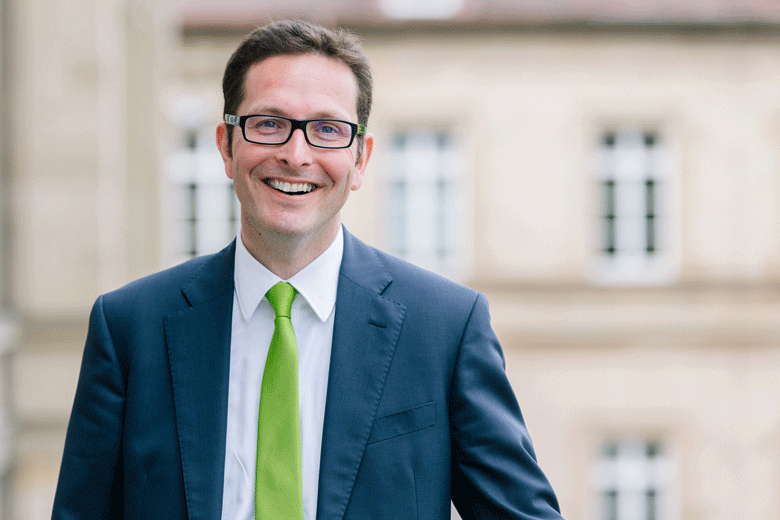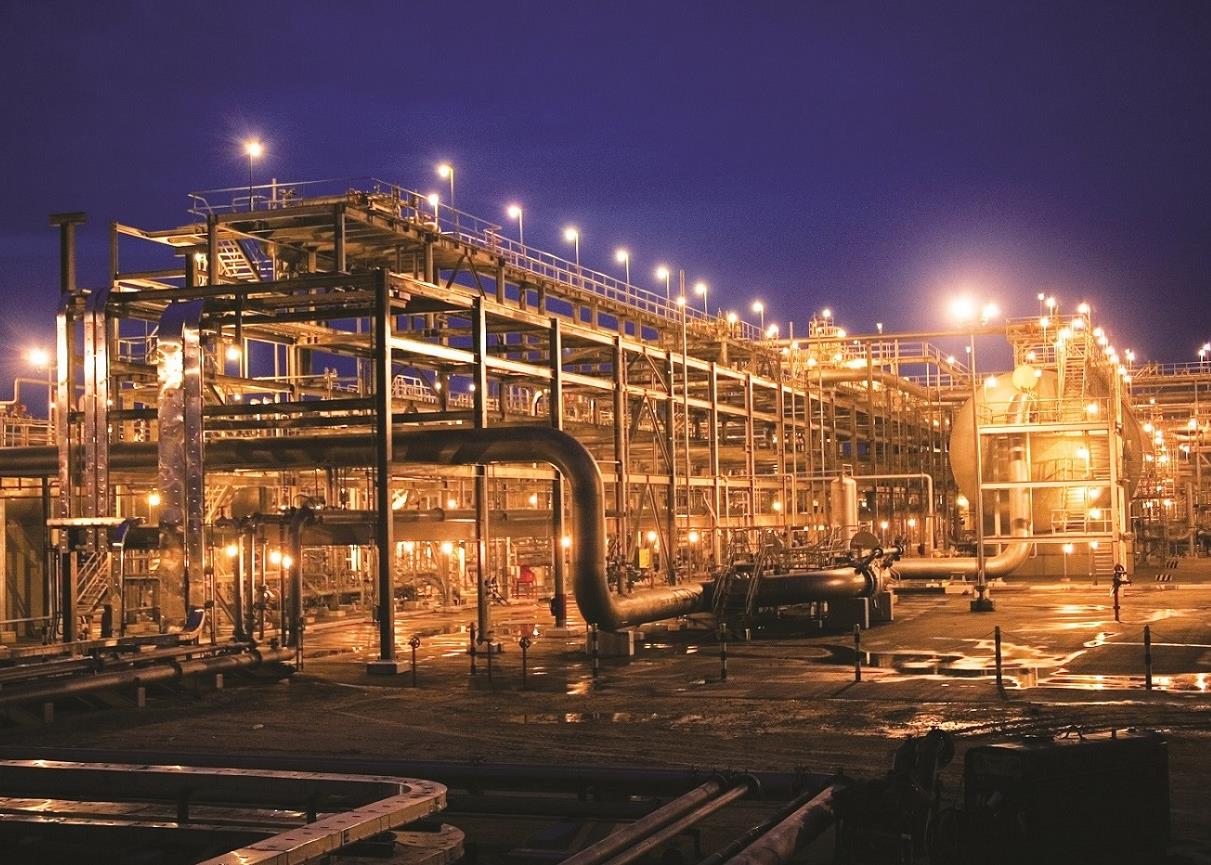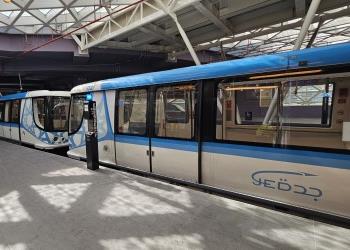

The world is undergoing a fourth industrial revolution. As our ability to harness and analyse Big Data grows, and technology such as artificial intelligence and augmented reality rapidly improves, whole industries are being transformed. New processes that merge the digital and physical spheres and enhance human decision-making with data-driven insights are fundamentally changing how businesses do things.
This Industry 4.0 revolution is happening not just in the technology sector itself, but everywhere, including in the exploration and production (E&P) industry. Our sector’s ethos may be a little more conservative than Silicon Valley’s ‘move fast and break things’ philosophy. But at Wintershall, Germany’s largest, internationally active E&P company, digitalisation is not just a buzzword; rather a reality, a necessity and an opportunity that we want to embrace.
Size of the prize
Digitalisation is a necessity because any business that wishes to remain competitive cannot afford to ignore it. But it is also a great opportunity; a chance to fundamentally transform our processes and our way of working, and to create new value.
The economic benefits are clear. As the World Economic Forum has shown, between 2016 and 2025, digitalisation could unlock $1.6tn of value for the oil and gas industry, our customers and for society. By 2025, digitalisation has the potential to reduce time to first oil by up to 35 per cent, development costs by 15 per cent, and production costs by 20 per cent. And there are other significant benefits, in addition to these headline numbers. Making greater use of digital in our work can reduce people’s exposure to risk and minimise the environmental impact of our operations.
Unlocking this value will be made possible by applying digital technology to industry processes. For example, the industry will increasingly use super-computing and artificial intelligence to enable better, faster interpretation of seismic data during exploration and reservoir modelling at the development stage. Artificial intelligence will also help to model and optimise the design of wells and facilities, while analysing sensor data will inform predictive maintenance and improve production efficiency.
At every point in the value chain, we will see that digitalisation can help us reach better decisions, faster.
Digitalisation
Wintershall is a mid-sized E&P company, and in an industry that often focuses on size, I like to describe our ethos as being ‘smart, rather than just big’. And today, being smart means embracing the potential of digitalisation, so we have set out a clear digital transformation strategy.
What does that strategy look like in practice? To inform our future as a digital E&P company, Wintershall has started more than 40 pilot projects. These are exploring the benefits and potential application of a wide variety of technologies, from augmented reality for inspections to platforms for cutting-edge data integration.
 But we are very clear that the way to achieve the full benefits of digitalisation in the E&P sector is to focus not just on shiny new tools, but on reshaping the whole process landscape. So, the results from these pilots are being fed into flagship projects that explore the process landscape of the future, such as our digital twin for our Brage production facility in Norway. Using Big Data, in combination with high-performance cloud computing, the digital twin will provide a complete digital replica of the platform and its processes. It will provide real-time, 24/7 information on everything that is going on, in the ground, above the ground and in between.
But we are very clear that the way to achieve the full benefits of digitalisation in the E&P sector is to focus not just on shiny new tools, but on reshaping the whole process landscape. So, the results from these pilots are being fed into flagship projects that explore the process landscape of the future, such as our digital twin for our Brage production facility in Norway. Using Big Data, in combination with high-performance cloud computing, the digital twin will provide a complete digital replica of the platform and its processes. It will provide real-time, 24/7 information on everything that is going on, in the ground, above the ground and in between.
The twin will allow us to optimise all of our processes, from the way the facility is designed to scheduling of predictive maintenance and optimisation of production and energy consumption.
Tactical change
Digitalisation is not just about technology, but about strategic change. This means building an internal culture in which data is no longer kept in silos, but is treated as a strategic asset and is shared openly across our business. It also means developing digital platforms that will simplify the way our colleagues, partners and contractors can work and collaborate with one another, ensuring a smoother and easier way of doing business.
This focus on collaboration is important for us as we take forward a merger with DEA. Our combined company, Wintershall DEA, will be the leading independent E&P company in Europe. But I recognise that achieving our future success is not just about size or geographical footprint, but about how smart we can be in embracing the potential of digital transformation. This will be an exciting change, for Wintershall and for the industry overall.
As the American economist George Westerman put it: “Successful digital transformation is like a caterpillar turning into a butterfly. It’s still the same organism, but it now has superpowers.”
Mario Mehren is the CEO of Wintershall
 This article is extracted from a report produced by MEED and Mashreq entitled Disrupting Oil & Gas. Click here to download the report
This article is extracted from a report produced by MEED and Mashreq entitled Disrupting Oil & Gas. Click here to download the report
To know more about the MEED Mashreq Partnership, get in touch with us at MEEDMashreqPartnership@meed.com or find more info on www.meedmashreqconstructionhub.com
You might also like...

Egypt resumes power cuts
18 April 2024

Petrofac awards carbon capture sub-contract
18 April 2024

Neom tenders Oxagon school construction
18 April 2024

Clarifications advance for Neom renewables
18 April 2024
A MEED Subscription...
Subscribe or upgrade your current MEED.com package to support your strategic planning with the MENA region’s best source of business information. Proceed to our online shop below to find out more about the features in each package.




